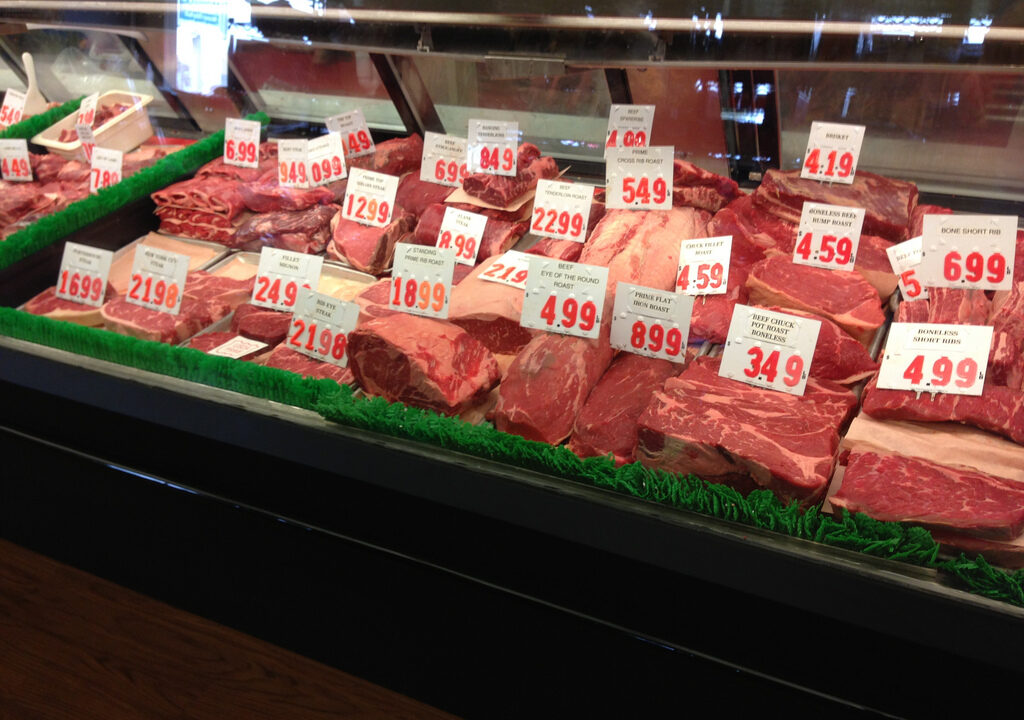Following the announcement yesterday (Monday, April 26) on the start of a public consultation on the establishment of a National Food Ombudsman or regulator, there are calls for the office to have the necessary power “to hold processors and retailers to account”.
Following the announcement, the Irish Farmers’ Association (IFA) said the office “must have real teeth”.
IFA president Tim Cullinan said: “I acknowledge the move by [Minister Charlie McConalogue] to transpose the EU Unfair Trading Practices (UTP) Directive into national law, and to have a public consultation process on a wider remit of the food regulator/ombudsman.
“However, we cannot have any foot-dragging in getting an office set up. It must have full powers of investigation, the ability to make findings and the authority to impose sanctions.”
Cullinan claimed: “At present, farmers feel that processors and retailers are abusing their dominant market positions with impunity and that the Competition and Consumer Protection Commission [CCPC] has failed farmers.
“This recurring evidence of large retailers dominating the market with excessive buying power has to stop. This drives prices to farmers to unviable levels, often below the cost of production,” the IFA president argued.
He welcomed that a law transcribing the UTP Directive into Irish law would be in place by May 1, noting that the directive gives the power to member states to legislate for additional requirements beyond the scope of the directive.
“This option must be backed up by serious legislation,” Cullinan remarked.
Food ombudsman powers
Announcing the public consultation yesterday, Minister McConalogue said that the new office will have a role in analysing and reporting on price and market data in Ireland.
It will also incorporate enforcement authority functions required by the UTP Directive.
In addition to establishing the new office, the primary legislation may introduce rules that go beyond those included in the UTP Directive.
The minister said he wants the national food ombudsman to “bring a greater level of transparency to all parts of the supply chain”.
